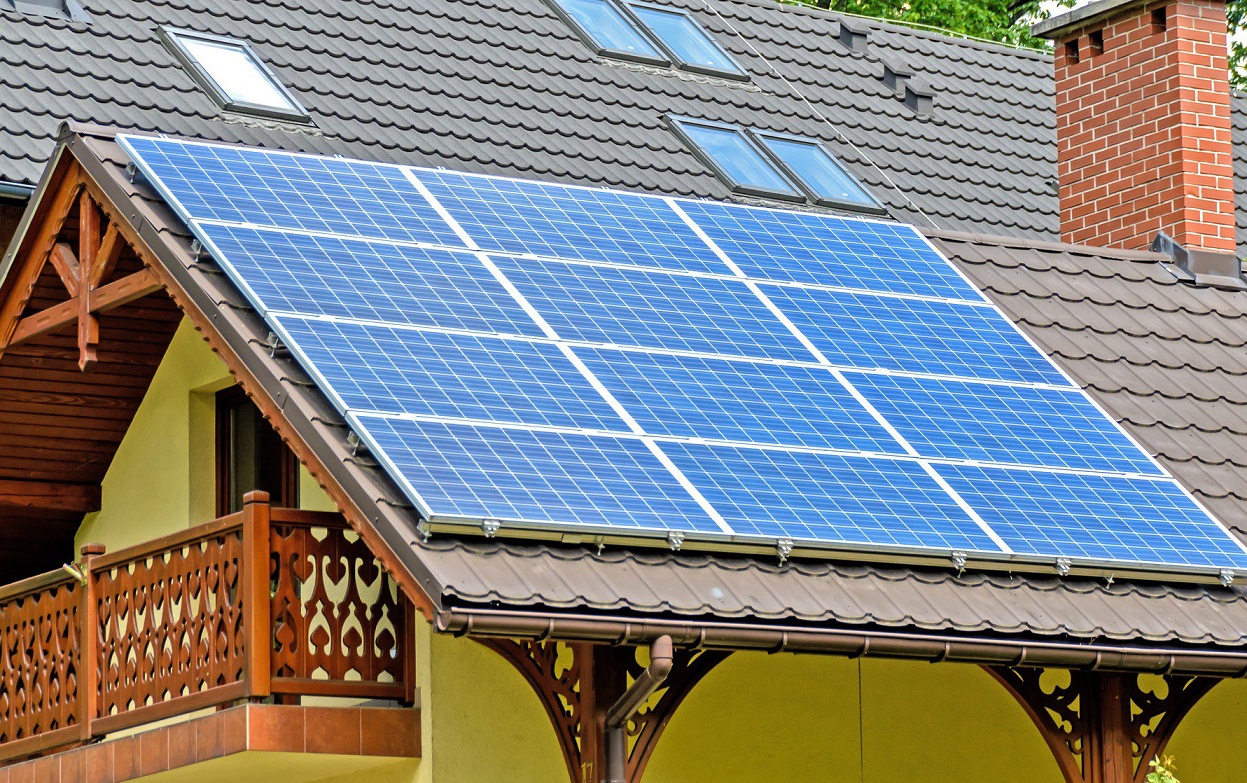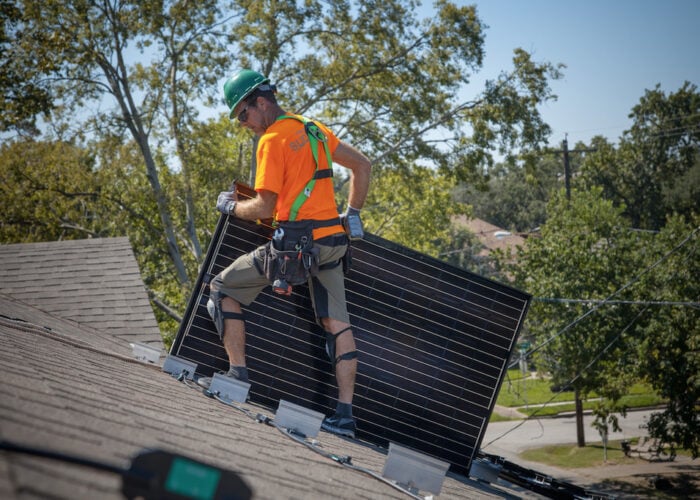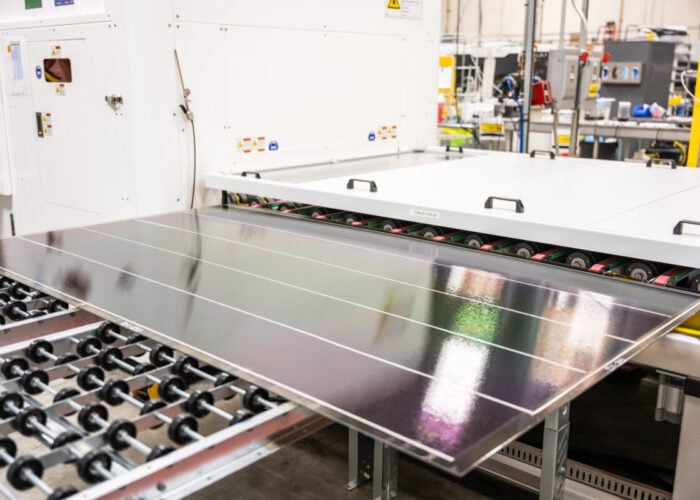
Aurora Solar, a US start-up that has developed software to assist in the remote design and sale of PV systems, has raised US$50 million in series B funding.
According to the San Francisco-based company, its technology allows installers to perform shading analysis, design solar and storage systems, forecast energy production and generate sales proposals with financing options, all without the need for in-person site visits.
Unlock unlimited access for 12 whole months of distinctive global analysis
Photovoltaics International is now included.
- Regular insight and analysis of the industry’s biggest developments
- In-depth interviews with the industry’s leading figures
- Unlimited digital access to the PV Tech Power journal catalogue
- Unlimited digital access to the Photovoltaics International journal catalogue
- Access to more than 1,000 technical papers
- Discounts on Solar Media’s portfolio of events, in-person and virtual
With a range of coronavirus-related restrictions in place across the US, Aurora said its software has become “business-critical” for many solar installers as it helps the industry to transition away from manual processes to conducting processes online.
The financing will be used to ramp up the development of new software features, improve the workflow for solar sales consultants and increase the Aurora team.
“The pandemic has accelerated trends towards remote processes, and we are delighted to have the resources to build all the tools that will help the industry thrive in this new environment,” said Samuel Adeyemo, co-founder of Aurora Solar.
The series B round, which brings the company’s total investment to over US$70 million, was led by Iconiq Capital, with follow-on participation from existing investors Energize Ventures, Fifth Wall and Pear VC.
Doug Pepper, general partner at Iconiq Capital, said the investment firm is looking forward to joining the Aurora board and supporting the company on its “exceptional growth trajectory to enable the solar industry to scale for a more sustainable future”.
While residential PV installation figures in the US dropped during Q2, partly as a result of shelter-in-place orders, BloombergNEF said a transition to digital sales during lockdown enabled some solar companies to reach new customers and improve sales productivity. The research organisation is forecasting 3GW of residential PV capacity additions in the US this year, up from last year’s record of 2.8GW.
Both Sunrun and SunPower are among the residential solar installers that have successfully adapted to online and virtual sales efforts. Sunrun said its Q3 productivity was up by around 40% on last year’s figures, with the majority of the company’s sales efforts conducted virtually.







